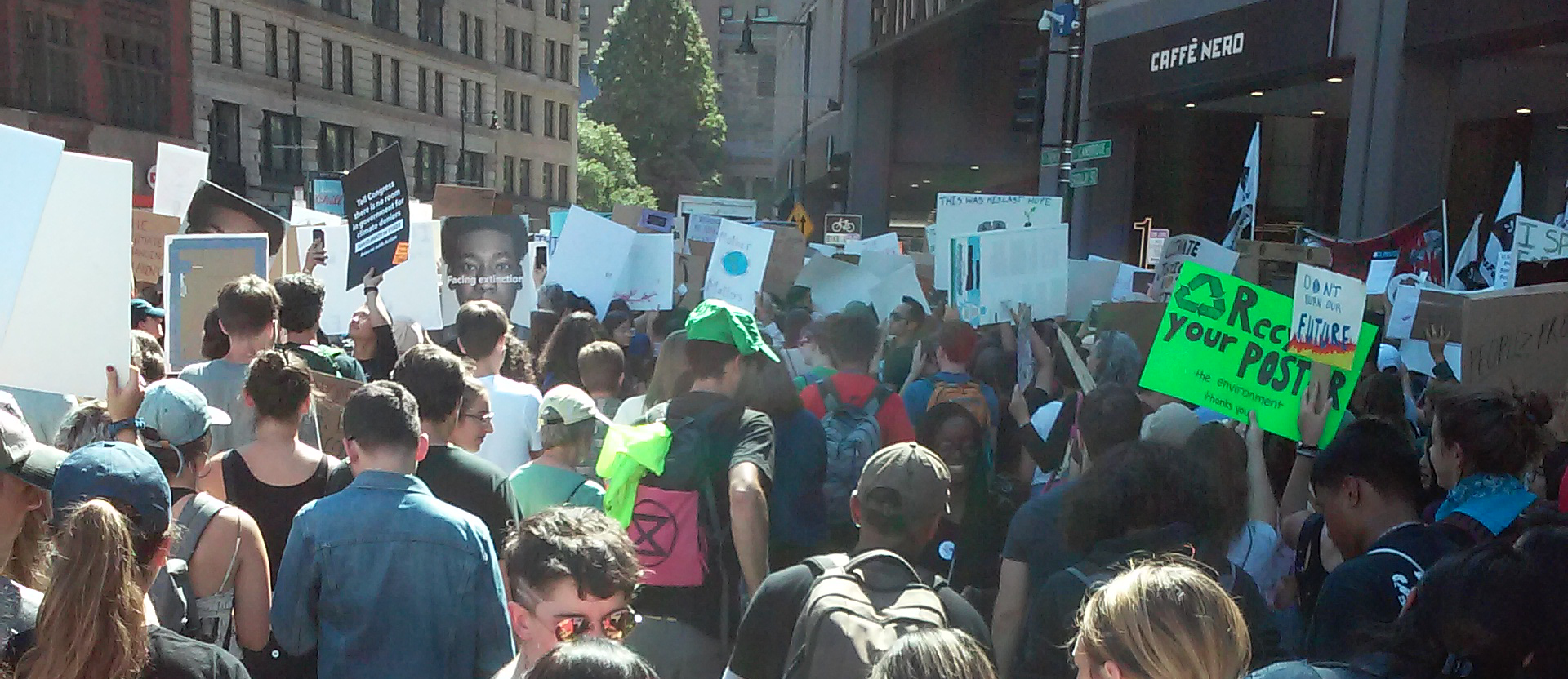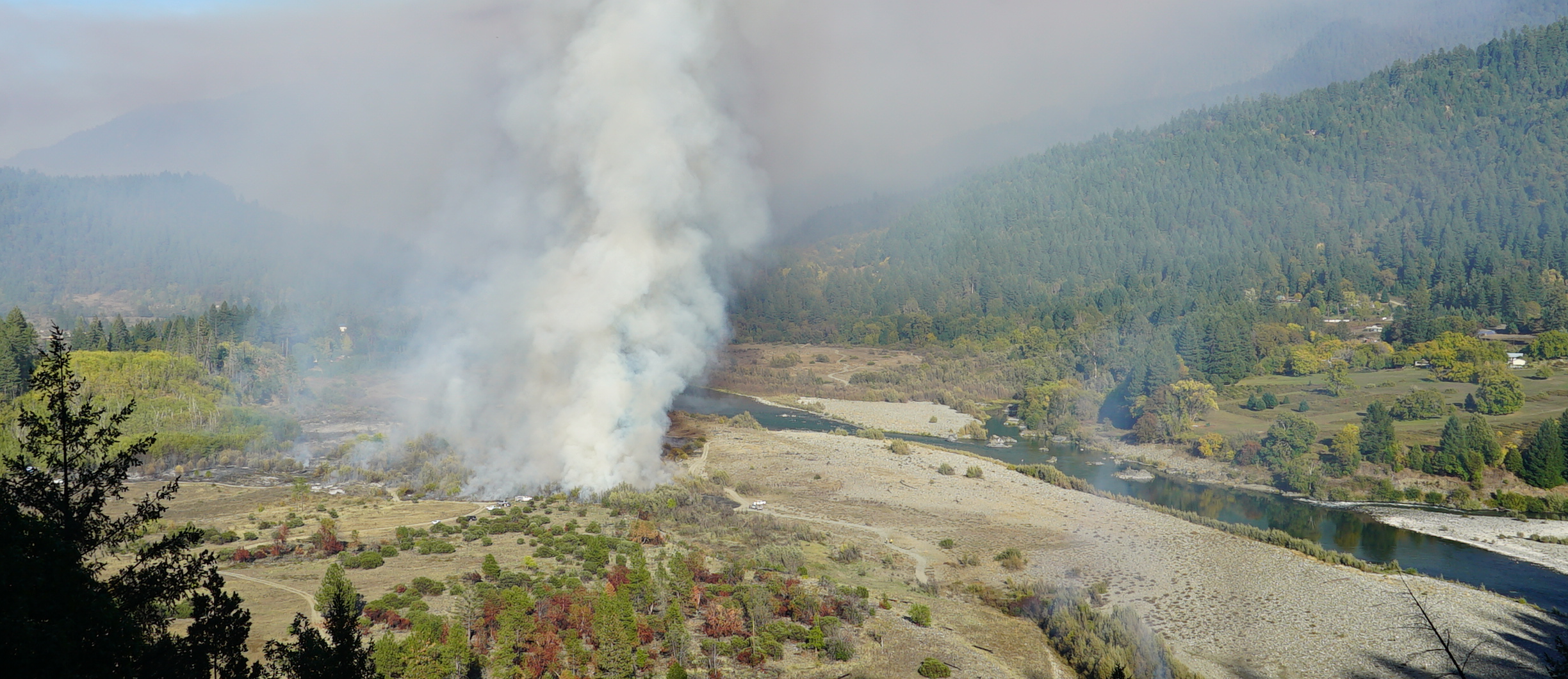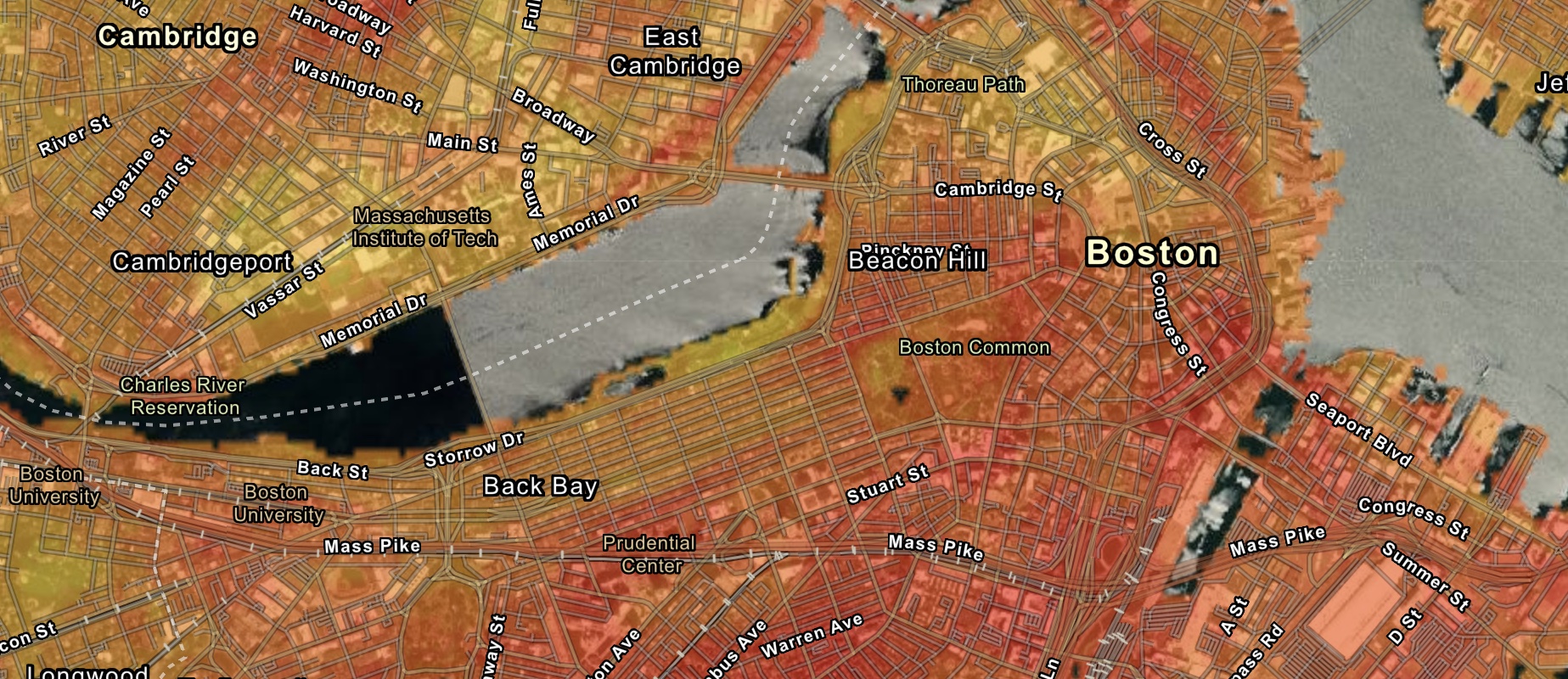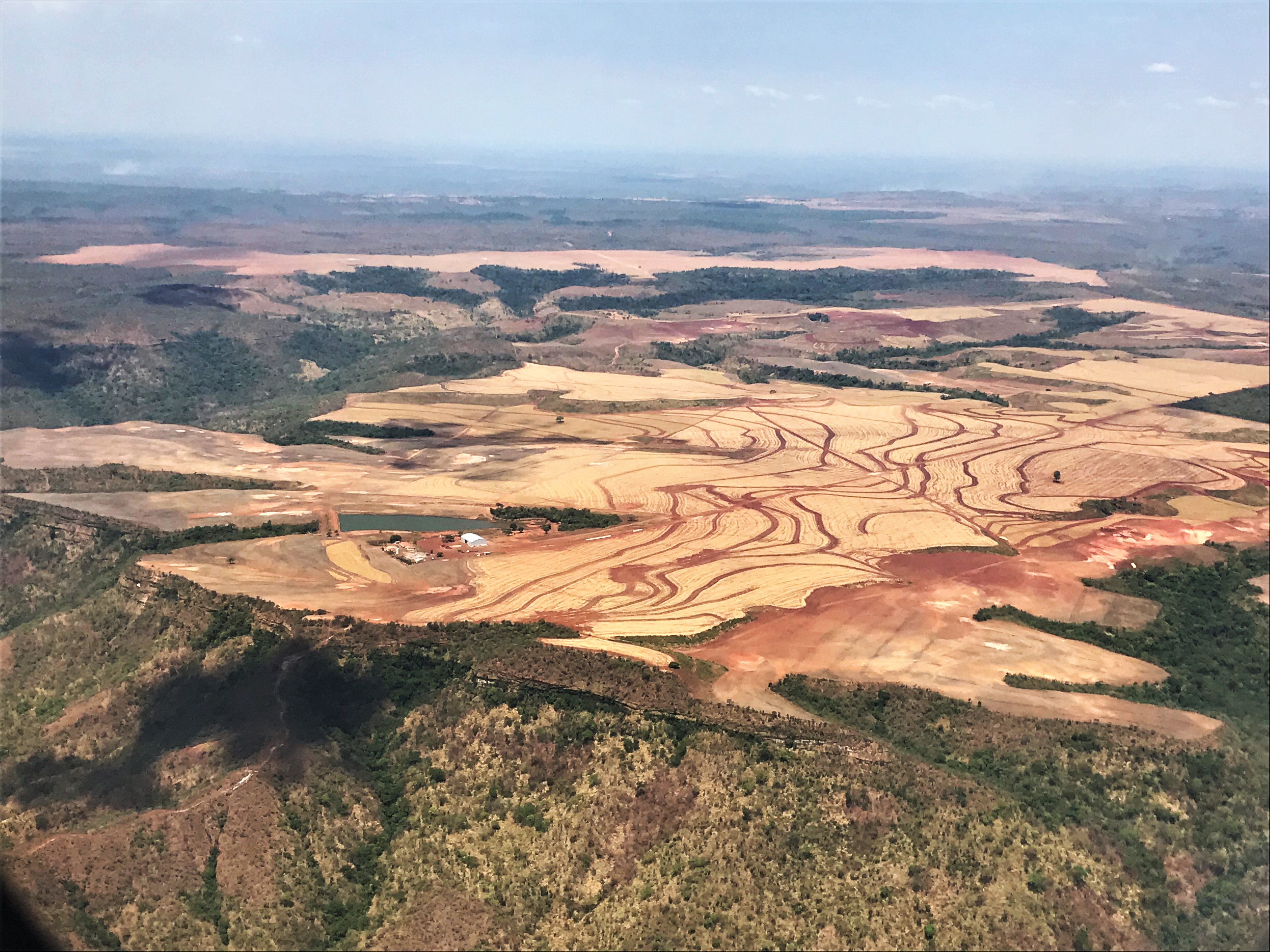
The Cerrado, Brazil’s savanna biome, is home to Indigenous and Quilombola (Afro-Brazilian) communities and small farmers. It is now being destroyed at a rapid pace by agribusiness companies that acquire land via speculation by international pension funds and, often, unscrupulous and illegal land brokers who use violence to threaten those who live on the land. The large soybean, sugar, cattle and cotton plantations owned by these corporations negatively affect the lives of some of Brazil’s most vulnerable communities. The use of chemicals on the plantations pollute rivers, which are drying up in places due to intensive irrigation and deforestation. Often land is taken through extra-legal means, leaving people nowhere to go and no recourse.
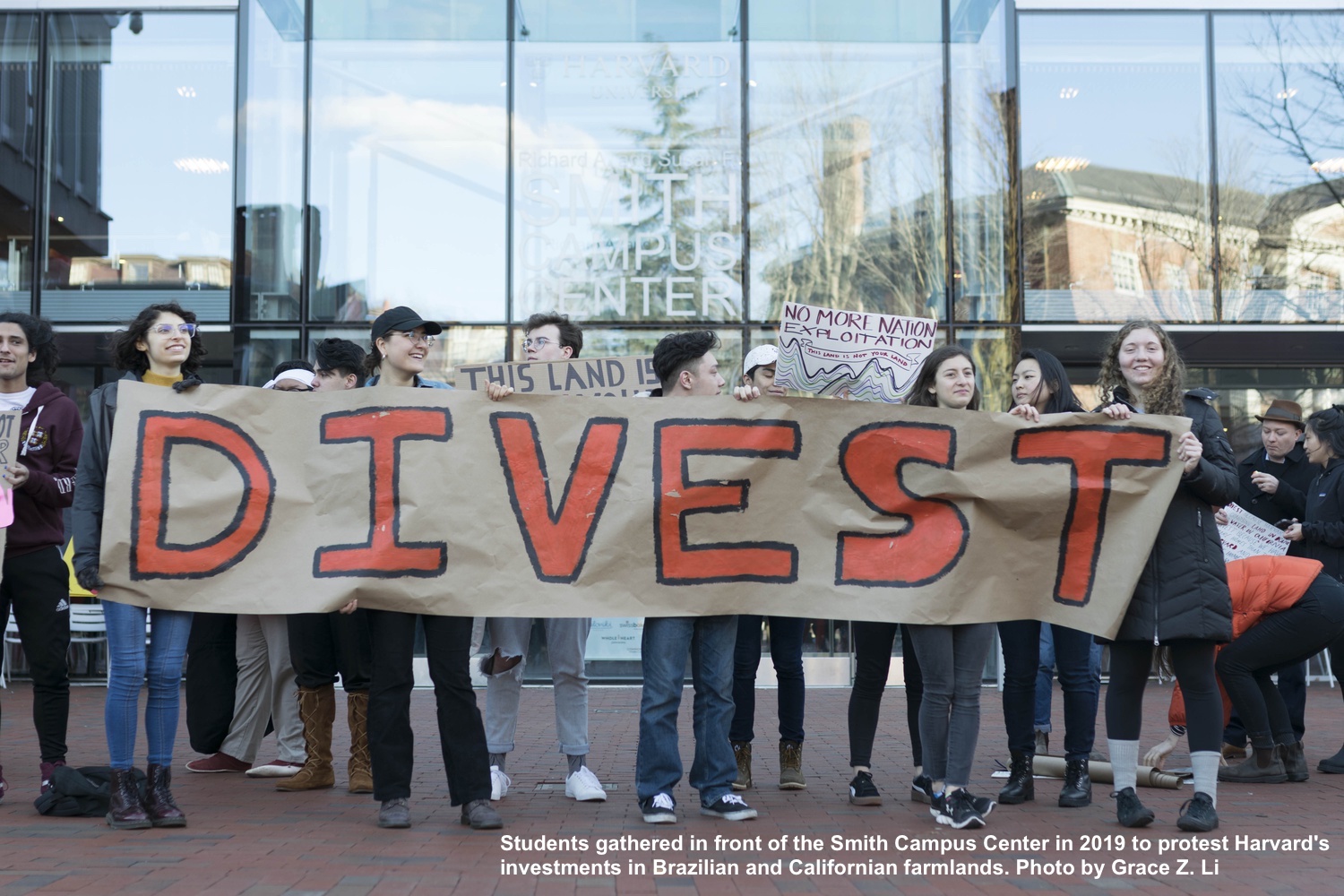
One of the largest US pension funds, TIAA-CREF engages in land speculation in Brazil to benefit American retirees at the expense of local front-line communities in Brazil who have fewer legal protections. Harvard University also supports its endowment with investments in the Cerrado, and Divest Harvard, a coalition of alumni, faculty and students concerned about the relationship between the market and climate change, has called for it to divest from agribusiness in Brazil.
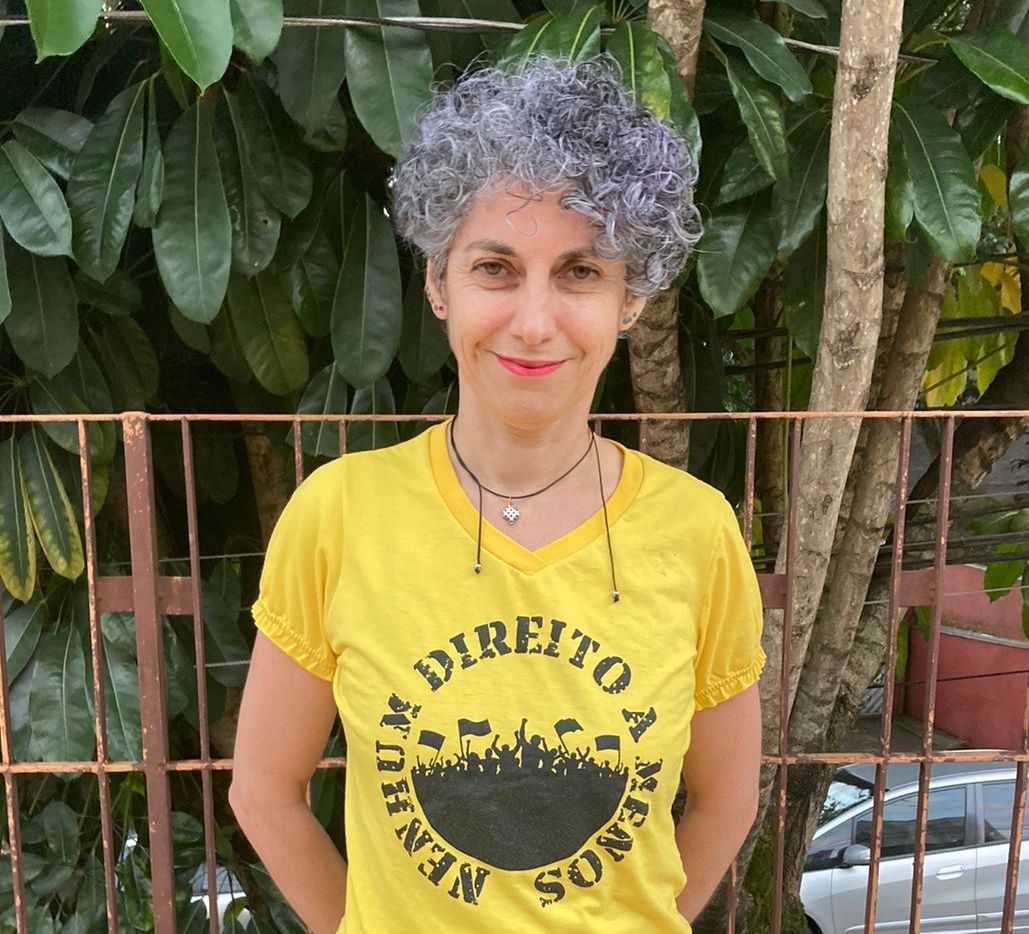
Daniela Stefano
Researcher & Journalist
A Shrinking Brazilian Biome
Daniela Stefano is a journalist and researcher at Rede Social de Justiça e Direitos Humanos. She has been investigating the impacts of speculation with farmland by Harvard University and agribusiness corporations in the Brazilian Cerrado, which is the most biodiverse savanna in the world. She produces grassroots educational materials, such as a podcast series, together with rural communities in the Cerrado.
Tudo o que vem acontecendo nos últimos 20, 30 anos é por causa da ganância do agronegócio para aumentar seus lucros. Eles parecem não se importar com o que vai acontecer às comunidades que há mais de 150 anos ali vivem. Por vezes até ignoram que há pessoas vivendo ali; agem como se não tivessem nenhuma responsabilidade sobre os danos que causam.
Por causa disso, estas comunidades passam por situações sem precedentes. O direito à água potável é o mais básico dos direitos humanos. A água que consomem está sendo contaminada pelos agrotóxicos utilizados nos monocultivos. E por causa dos venenos estes povos estão se expondo a doenças que antes não existiam, como o câncer. Suas plantações e animais também estão sendo afetados.
Quando as grandes empresas desmatam, como as pessoas que protegem o cerrado podem sobreviver? Algumas famílias foram embora por terem sido ameaçadas pelos grandes especuladores de terras. Mas as comunidades que lá vivem não vão desistir. Elas sabem que ali é o lugar de seus antepassados; sua cultura, espiritualidade e família estão ali e por isso não irão abandonar a terra. Estas pessoas lutarão e ficarão lá, não importa o que aconteça. Eles resistirão. Para nós, enquanto humanidade, a preservação do cerrado é a nossa garantia de continuação da vida; estas comunidades se preocupam com o meio ambiente. Já as grandes empresas não se preocupam nem com a natureza e nem conosco".
All the destruction that has been happening in the last 20 to 30 years is a result of the exploitation of agribusiness corporations for profit without thinking about what will happen to the communities that for more than 150 years have been living there. These corporations ignore these communities, and sometimes even don’t know that people are living there. They act as if they have no responsibility and no consciousness about the damage they are causing.
The impacts that rural communities experience now have not happened before. Their drinking water is being polluted by agrochemicals used in agribusiness plantations. This water is one of the most basic human rights. But now the communities are affected by diseases that they never had before because of the agrochemicals, like cancers. Their animals and food production are also polluted by agribusiness corporations.
When these corporations destroy the environment, how can people in these communities that protect the Cerrado survive? Some people have been displaced by corporations that speculate with farmland because they were threatened and can’t live there anymore. But many communities resist and protect their land and culture. They know that is their place, where they have been living for several generations, so they will resist in their land. These communities are protecting the Cerrado for all of us, because this biodiverse region is key to preserving life on our planet. They protect the land from corporations that don’t care about nature and about humanity.”




